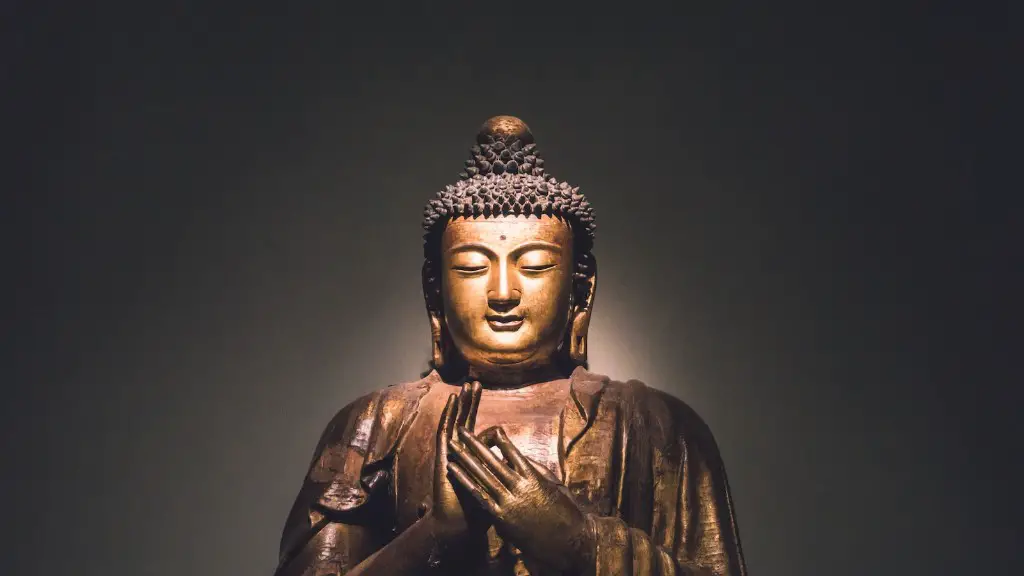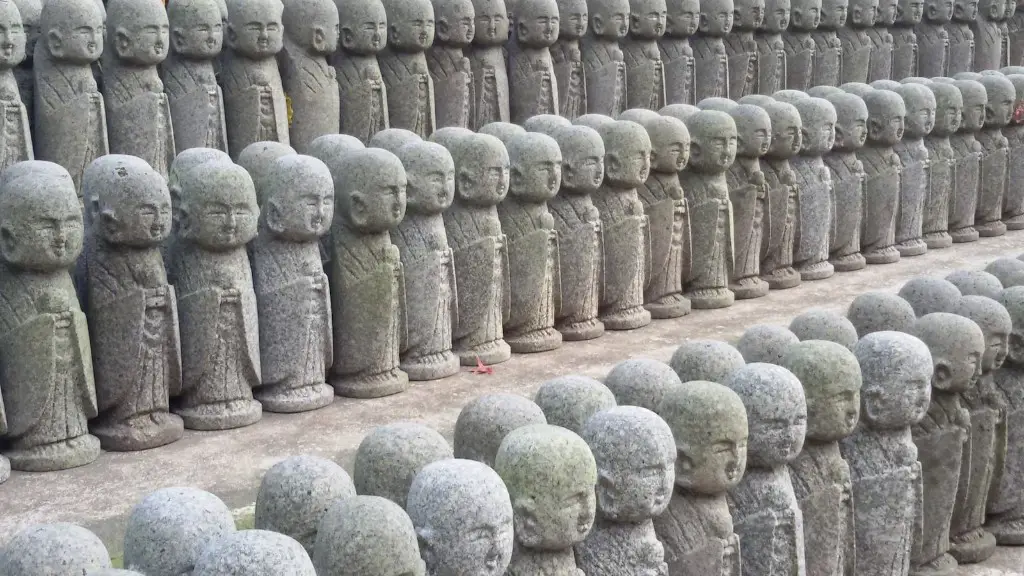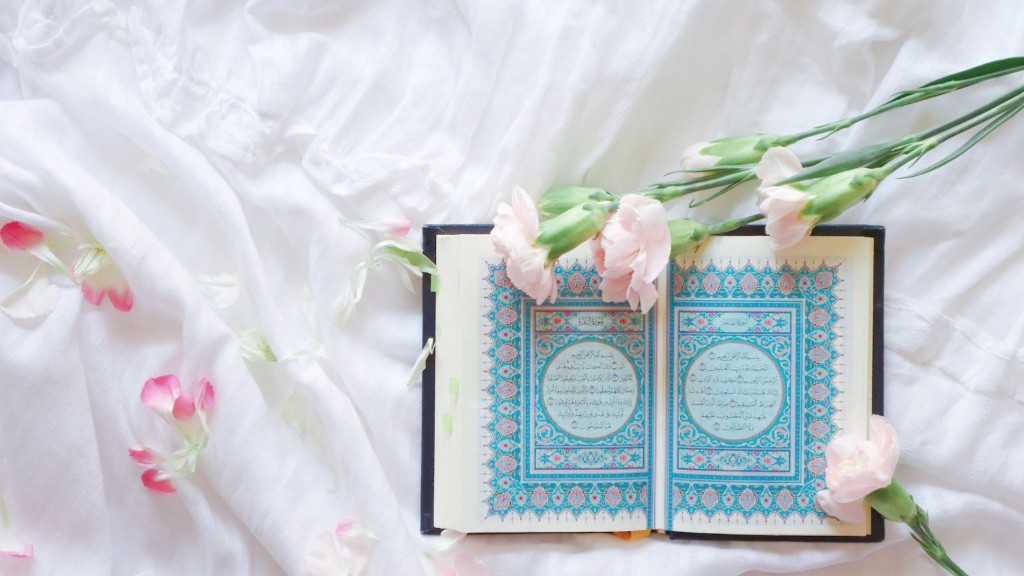Hinduism is one of the oldest religions in the world and it has several main beliefs. Though the beliefs vary among different regions and sects, some of the core beliefs that are held by millions of Hindus around the world are the following:
Reincarnation
One of the main beliefs of Hinduism is the concept of reincarnation, which is believed to be an ongoing process that helps the soul progress towards ultimate salvation. Hindus believe that the soul will continue to be reborn until a person achieves mukti, or liberation from the cycle of death and rebirth.
In each life, Hindus strive to follow the path of dharma, or righteous actions, in order to move closer to the ultimate goal of moksha. Hindus also believe that karma, or the consequences of one’s actions, will follow them and determine the kind of life they will lead in their next life.
Soul
Hindus believe that the soul is eternal and indestructible and will continue to exist even after death. Unlike other religions, Hindus believe that the soul does not perish after death but merely changes its form and moves from one life to another.
Hindus believe that the soul can take on different bodies or “vessels” that are made up of different elements such as earth, fire, water, and air. Hindus believe that the soul can remain in one body for many lives or can move from one body to another.
God
Hindus believe in one god, Brahman, who is the supreme power that unites all of the different aspects of the universe. However, Hindus also believe in many other forms of god or gods, depending on their region and specific belief system. These other forms of god might include Vishnu, Shiva, or another deity from the Hindu pantheon.
Hindus believe that, although the many forms of god are distinct, they all ultimately represent a part of the same divine source. Hindus believe that all forms of god are manifestations of the one true god.
Dharma
Hindus believe that each person has a personal dharma, or purpose, which is to lead a righteous life in order to reach moksha. The path to achieving moksha is through performing pujas, or religious rituals, and striving to live a life of righteousness, devotion, and virtue.
The Hindu religion contains detailed instructions on how to live correctly, including the importance of living a life with honesty and integrity. Hindus believe that they must lead moral lives in order to achieve moksha, and must avoid indulging in sinful activities.
Karma
Hindus believe in the concept of karma, or the consequences of one’s actions. According to this belief, every action has a reaction, and one’s actions will determine the kind of life they will lead. All actions, both good and bad, will come back to the individual eventually.
Hindus believe that the law of karma is an important part of the cycle of life, and helps to ensure that individuals are held accountable for their actions. Therefore, Hindus strive to lead moral lives and to do the right thing in order to avoid negative karma.
Nature Of Reality
Hindus believe that the universe is made up of two realities: the physical reality and the spiritual reality. The physical reality is the world we can see, touch, and experience with our senses. The spiritual reality is the realm beyond the physical, where the soul is believed to exist.
Hindus believe that the spiritual reality influences and connects all aspects of the physical world. Therefore, Hindus strive to understand and experience the spiritual world in order to better understand and live in the physical world.
Ultimate Goal
The ultimate goal of Hinduism is moksha, or liberation from the cycle of death and rebirth. Hindus believe that once a person has achieved moksha, their soul is finally released from the cycle of reincarnation and they can experience peace, joy, and bliss in the afterlife.
To achieve moksha, Hindus strive to live a life of dharma, or righteousness, and cultivate spiritual awareness and understanding. Through this, Hindus believe they will be able to achieve moksha and attain ultimate liberation.
Life After Death
Hindus believe in the concept of samsara, or the cycle of death and rebirth. According to this belief, the soul will continue to be reborn into another life, until a person achieves moksha, or liberation from the cycle. In each life, Hindus strive to follow the path of dharma in order to move closer to the ultimate goal of moksha.
Hindus believe that how a person lives their life determines the kind of life they will lead in the next life. Those who live righteous lives will be reborn into better lives, while those who don’t will face more challenges in the next life.
Role Of Dharma In Society
Hindus believe that living a life of dharma is essential in order to achieve moksha and to help create a harmonious society. Dharma is the belief in being responsible, honest, and compassionate and it serves as an ethical code of conduct.
Hindus believe that everyone must abide by the principles of dharma in order to lead a moral and fulfilling life. By upholding dharma, individuals will be fulfilling their proper roles in society and, ultimately, helping to create a more just and equitable society.
Salvation
Hindus believe that salvation, or release from the eternal cycle of death and rebirth, is achievable through spiritual awareness and understanding. Hindus strive to cultivate a deep understanding and appreciation of the spiritual reality in order to attain moksha, or liberation from the cycle.
Through spiritual awareness and understanding, Hindus strive to experience inner peace and will ultimately be able to attain moksha and attain ultimate liberation.



